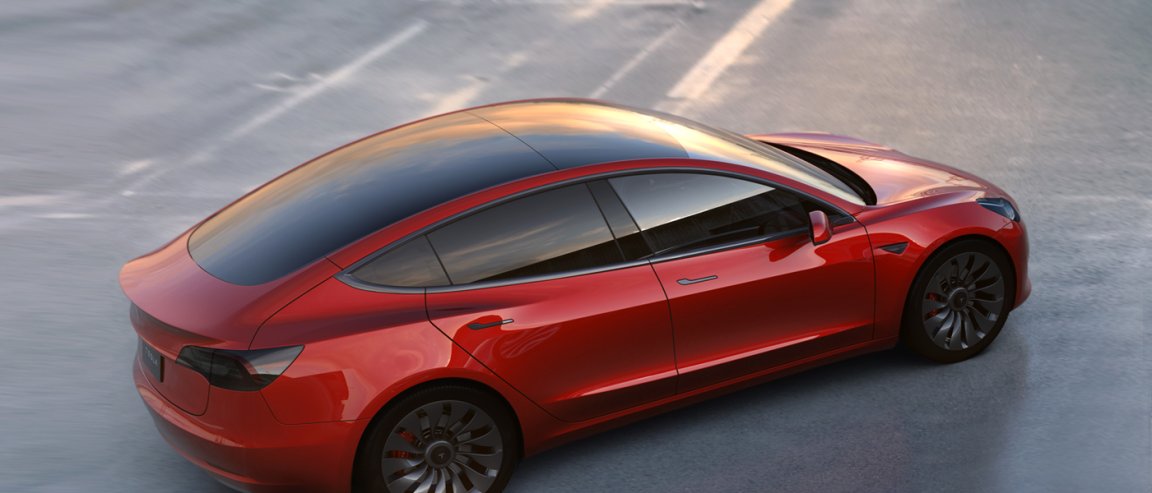
Preparations for Tesla’s Model 3 electric vehicle production are well under way, and one of the most recent development comes from an Austrian cable company. The company — which has not been named publicly as of yet — will be supplying aluminum cabling for the Model 3, according to a report from the Austrian Broadcasting Corporation.
As part of a business deal worth as much as $5.4 million (5 million Euros), Tesla ordered 3,000 kilometers (1,864 miles) of “shielded aluminum cables” which will be used to connect the Model 3’s electric motor to an onboard battery pack. The cables are expected to be delivered to Tesla’s Gigafactory 1 in Sparks, Nevada, where the Model 3’s electric motors and gear boxes will be manufactured.
The deal was a result of “intensive development and sales activities,” according to the Austrian company’s Facebook page. This is the company’s first dealing with Tesla, though they are no stranger to working with car manufacturers: they’ve struck previous deals with Ford and Chrysler.
Smaller and Lighter
The Model 3 will be the latest addition to Tesla’s line up of EVs. It’s expected to be smaller and lighter than previous models, assets that the aluminum cabling supports. Supposedly, these Austrian-made cables are lighter than traditional cabling materials, and not to mention cheaper — so their addition isn’t expected to upset the vehicle’s $35,000 starting price.
All of the existing features of Tesla vehicles — including autonomous driving and supercharging — are expected to be incorporated to the Model 3. It will also have Tesla’s solar roof technology, produced by sister-company SolarCity. Although the base model will have a battery pack of under 60 kWh tops, higher-end models are expected to have battery power for a 482-kilometer (300-mile) range.
Production for the Model 3 is slated to begin this July. With the Model 3, Tesla wants to make EVs more affordable, and therefore available to a larger market, which is all part of their mission to usher in a sustainable age of clean energy by removing fossil fuels on the road.